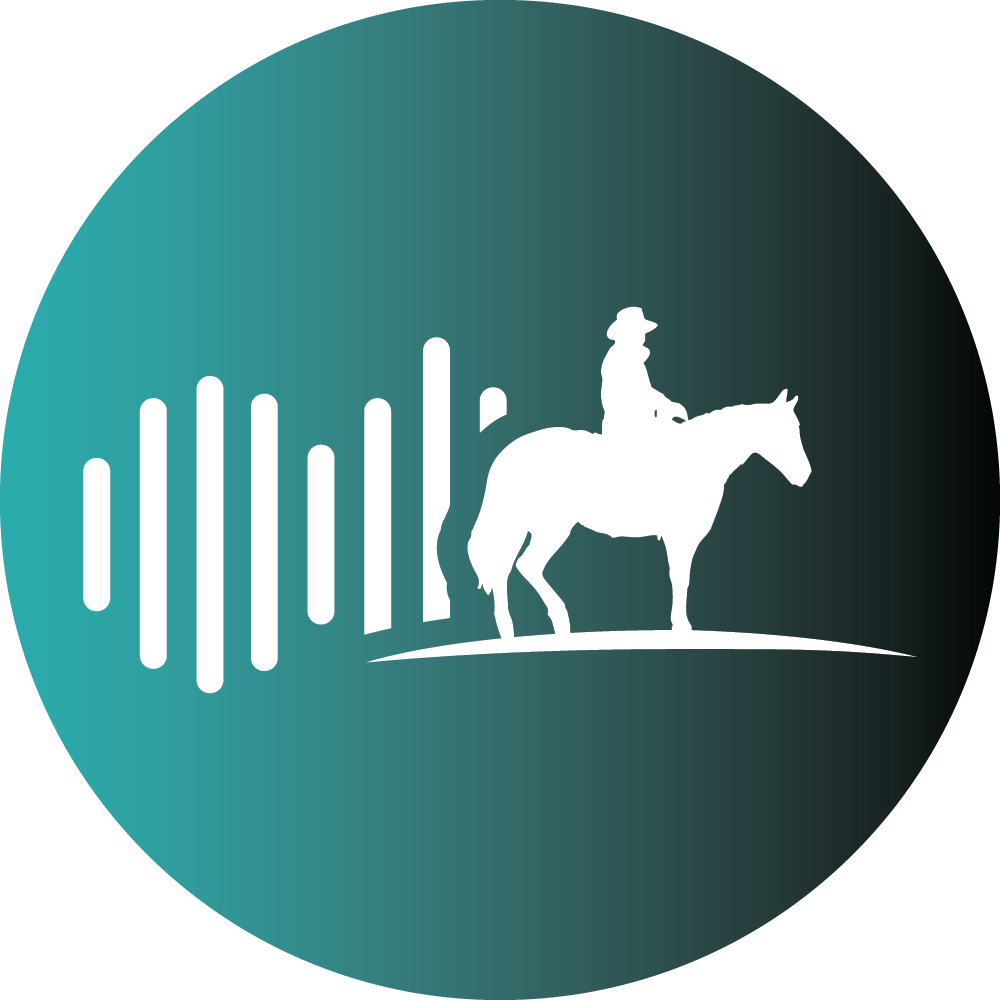A holistic health perspective
By Kaley Burns EBS COLUMNIST
In a world increasingly focused on well-being and preventative care, it’s easy to overlook a critical skill that could mean the difference between life and death: cardiopulmonary resuscitation, or CPR.
While nutrition, exercise, and emotional balance are essential pillars of holistic health, so too is the capacity to respond effectively in emergencies. Learning CPR isn’t just a practical skill; it’s a way of living a conscious, connected, and compassionate life.
Holistic health emphasizes the interconnectedness of body, mind, spirit and community. In this framework, CPR becomes more than a technique—it becomes an expression of collective care. When someone suffers cardiac arrest, their survival often depends on the immediate actions of bystanders. According to the American Heart Association, prompt CPR can vastly increase a person’s chance of survival.
Knowing CPR empowers individuals to be a source of stability and strength in crisis. It turns bystanders into lifesavers. From a holistic view, this not only benefits the individual receiving care but uplifts the entire community by reinforcing our interdependence and shared responsibility.
Holistic health encourages awareness and presence in every moment. The ability to stay calm, assess a situation, and respond effectively are qualities nurtured in mindfulness practices—and they’re equally essential in administering CPR. By learning CPR, individuals reduce their fear during emergencies.
Instead of panic, there’s purpose.
CPR complements a preventative lifestyle
Holistic health promotes prevention as the first line of defense against illness. Yet, no matter how healthy we are, emergencies can still happen. CPR serves as a safety net when prevention fails—a crucial tool that bridges the gap between crisis and recovery.
Furthermore, being CPR-trained reinforces awareness about cardiovascular health. It sparks conversations about the importance of regular exercise, stress management, and proper nutrition—all foundational aspects of a holistic lifestyle.
Integrating CPR Into a holistic lifestyle
Holistic health isn’t just about yoga classes or clean eating—it’s about living with intention.
Here’s a few ways to integrate CPR into your wellness practice.
First, and most importantly, take a certified CPR class through a reputable organization such as the Red Cross or American Heart Association. Stay informed about current CPR guidelines and refresh your skills annually.
In addition, practice mindfulness to stay calm under pressure—meditation and breathwork help.
Finally, encourage your community—friends, family, co-workers—to get trained too.
Learning CPR is an act of holistic responsibility. It empowers us physically, emotionally and mentally. It’s a tool for resilience and a symbol of love in action. Whether you’re a parent, spouse, friend or stranger, knowing CPR is not just recommended—it’s essential.
Let’s not wait for a crisis to remind us of our power to help. Let’s be ready, be aware, and be the heartbeat of healing in our communities.
Dr. Kaley Burns is a licensed Naturopathic Physician providing a wide range of services for her clients, including: Naturopathic Medicine, IV Nutrient Therapy, Regenerative Injections, Rejuvenation Therapies, Vitamin Shots, and Nutrition Counseling. She embraces a natural approach to health and aims to similarly inspire and guide others on their health journey.













